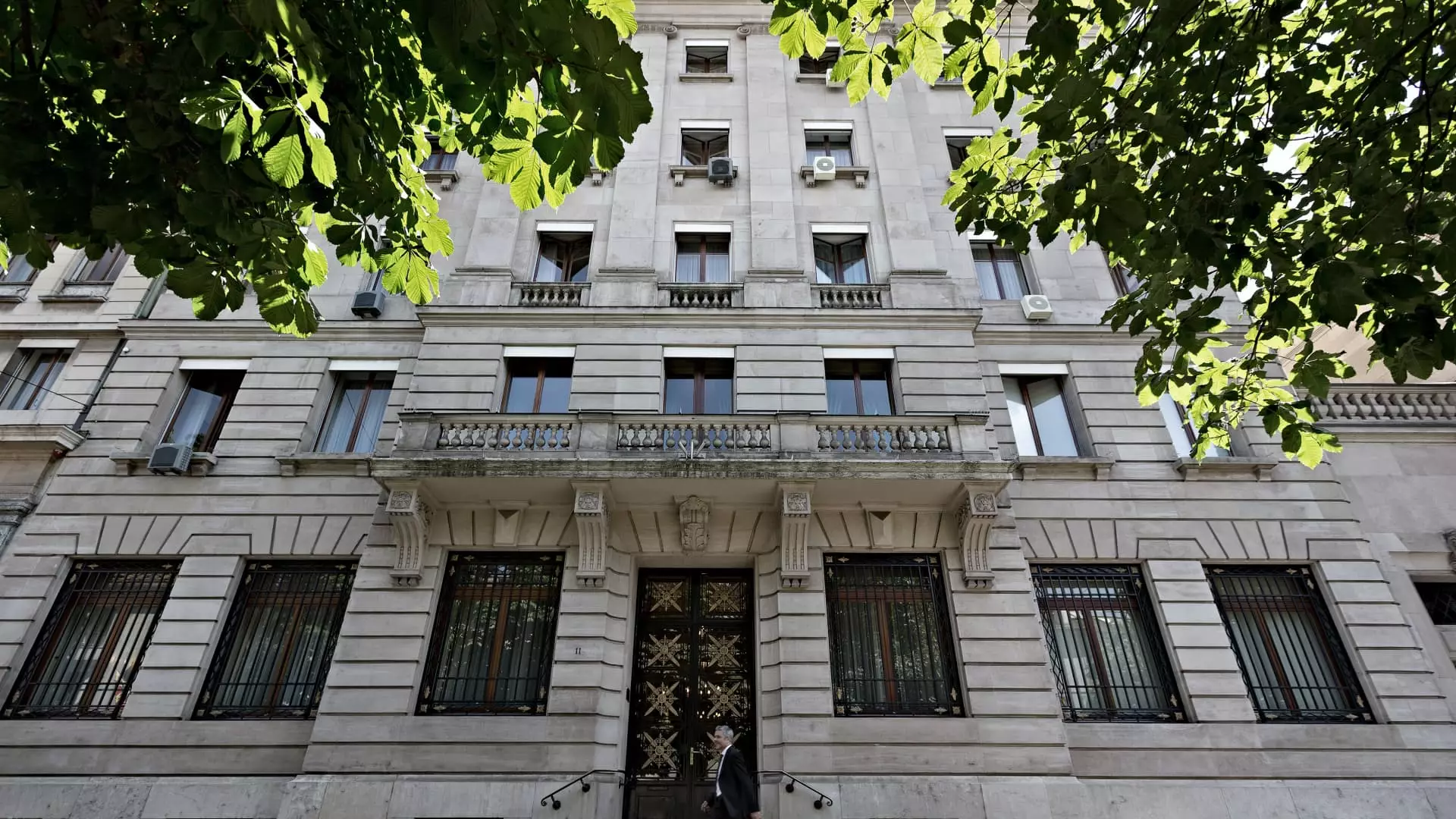Recent developments have rocked the banking world, particularly with the news surrounding Lombard Odier, one of Switzerland’s venerable financial institutions. This respected private bank has found itself at the epicenter of a serious legal situation, as Swiss prosecutors have brought forth charges of aggravated money laundering against the institution. This indictment stems from an investigation into activities linked to Gulnara Karimova, the daughter of Uzbekistan’s late president, Islam Karimov. The Office of the Attorney General of Switzerland (OAG) has accused Lombard Odier and a former employee of being complicit in laundering substantial sums connected to a criminal organization headed by Karimova.
Gulnara Karimova’s indictment in 2023 represents a culmination of a long-standing scrutiny of her financial dealings. The OAG alleges that from 2005 to 2012, a considerable amount of illicitly acquired funds was funneled through Swiss banks, including Lombard Odier, thereby masking their criminal origins. This intricate web of money laundering is said to have been facilitated by a former relationship manager at the bank. Investigations suggest that Lombard Odier is not merely a random player in this narrative but has allegedly played a critical role in the concealment of these funds. The scale of these accusations demonstrates how deeply involved banking institutions can be in international financial conspiracies.
In response to the indictment, Lombard Odier has firmly denied the allegations leveled against it. The bank asserts that it has been a proactive participant in transparency, claiming that it had initiated reporting of suspicions regarding its dealings to Swiss authorities long before the formal investigation was publicized in 2016. Lombard Odier maintains that the indictment reflects “insufficient controls,” rather than any intent to facilitate or engage in illegal activities. Their assertion is fortified by their pledge to mount a vigorous defense in light of what they describe as unfounded and meritless charges.
This case serves as a significant bellwether for the Swiss banking sector, an industry that has historically prided itself on confidentiality and robust regulatory frameworks. The involvement of a well-established institution like Lombard Odier raises critical questions about the efficacy of compliance protocols within Swiss banks, particularly regarding their roles in international finance. As investigations unfold, and if further evidence surfaces, it could compel a reevaluation of the regulatory practices that have long defined Swiss banking, possibly inviting stricter scrutiny from both national and international bodies.
As the legal proceedings advance against Lombard Odier, it is evident that the case is not merely a story of an individual bank but a reflection of broader systemic issues within the financial landscape. The dark realities of money laundering present challenges that the sector must confront head-on. The outcome of this indictment could have far-reaching consequences for how private banks operate and the regulatory frameworks governing them. The world will be closely watching how this unfolding saga affects perceptions of Swiss banking’s integrity and its commitment to combatting financial crime.

